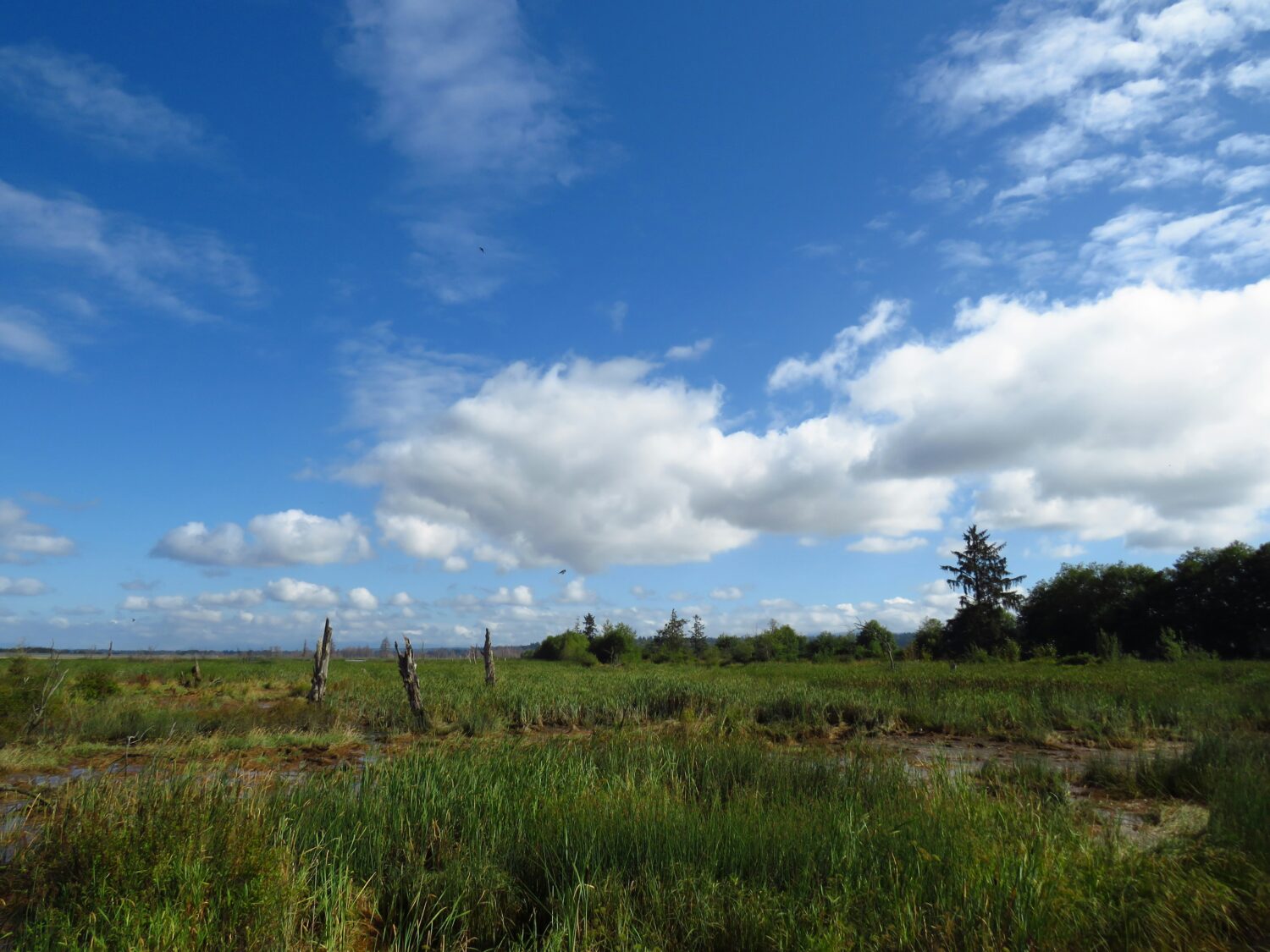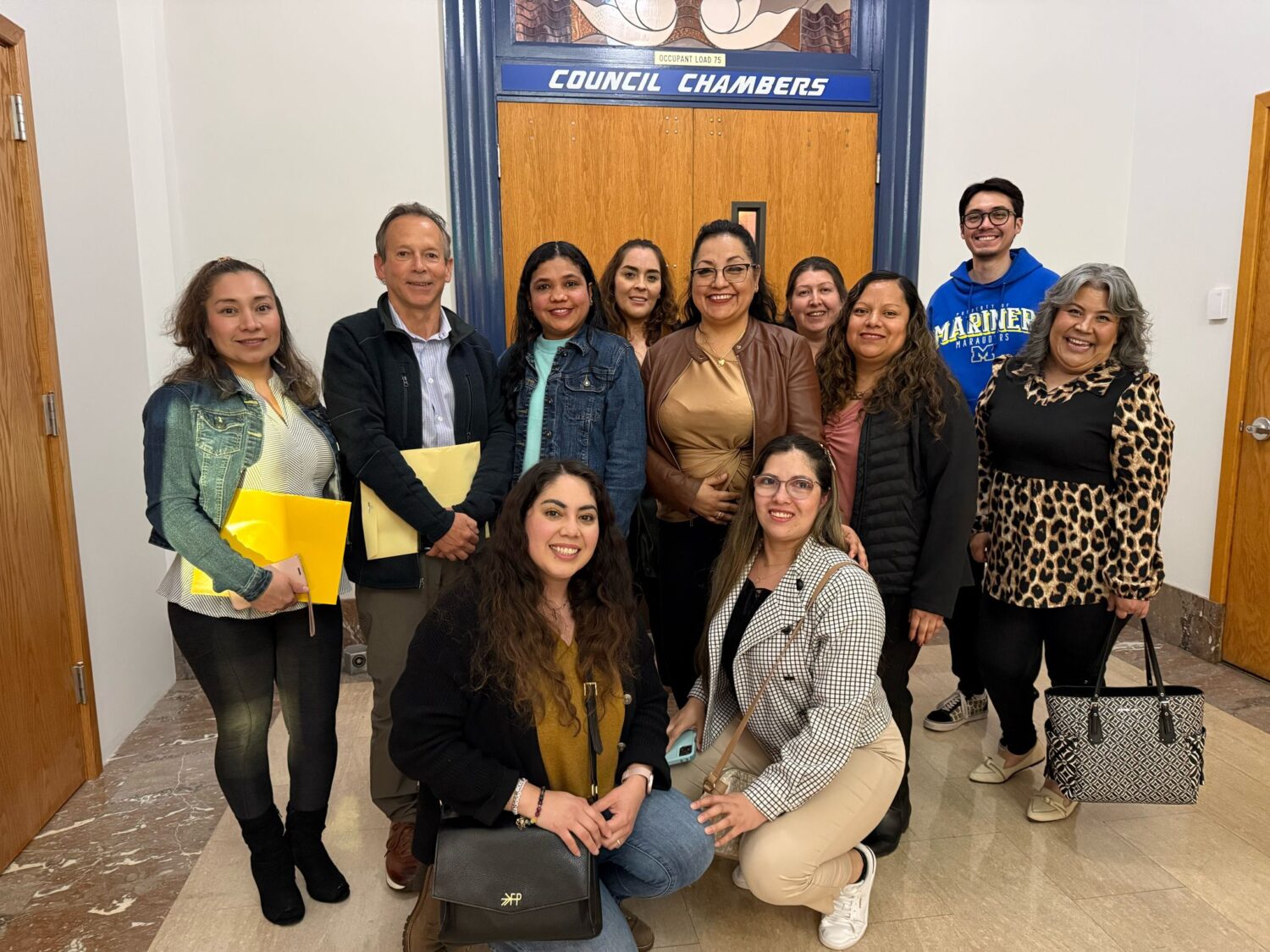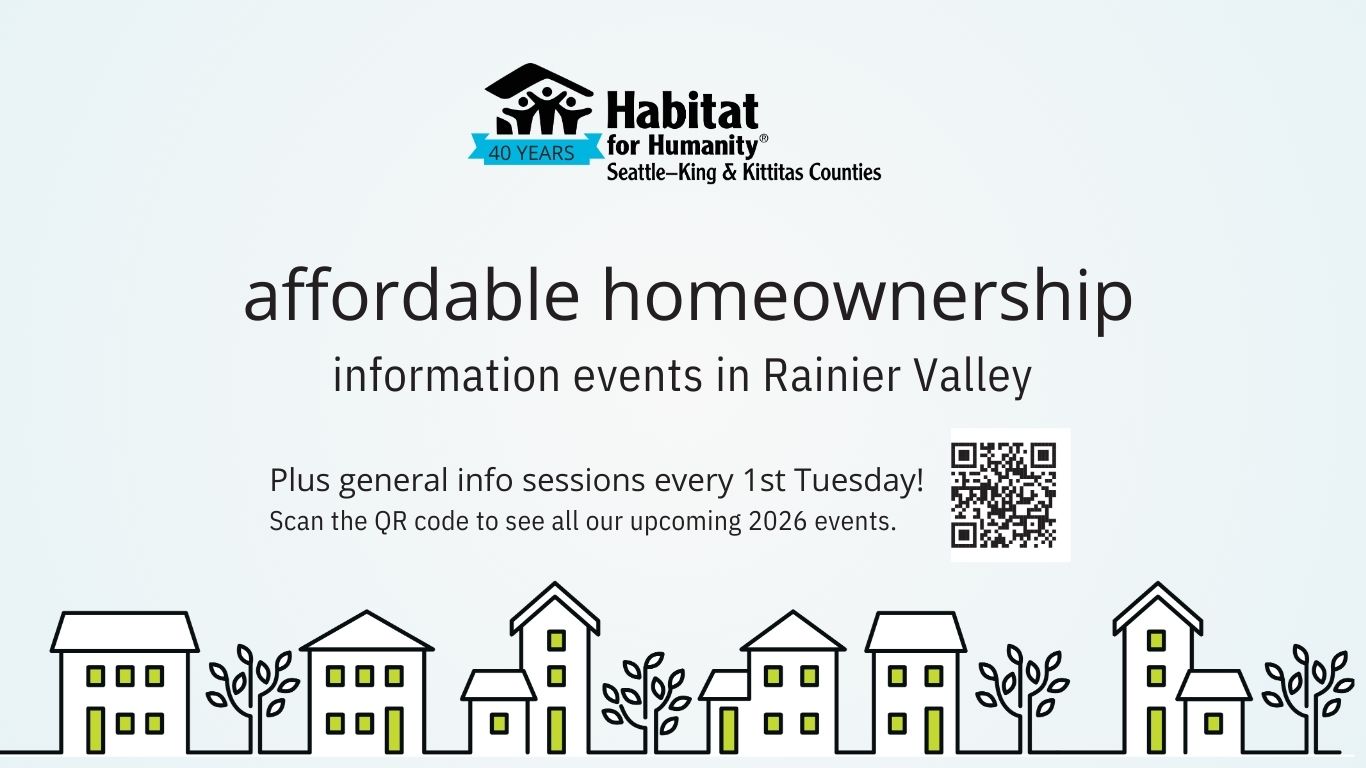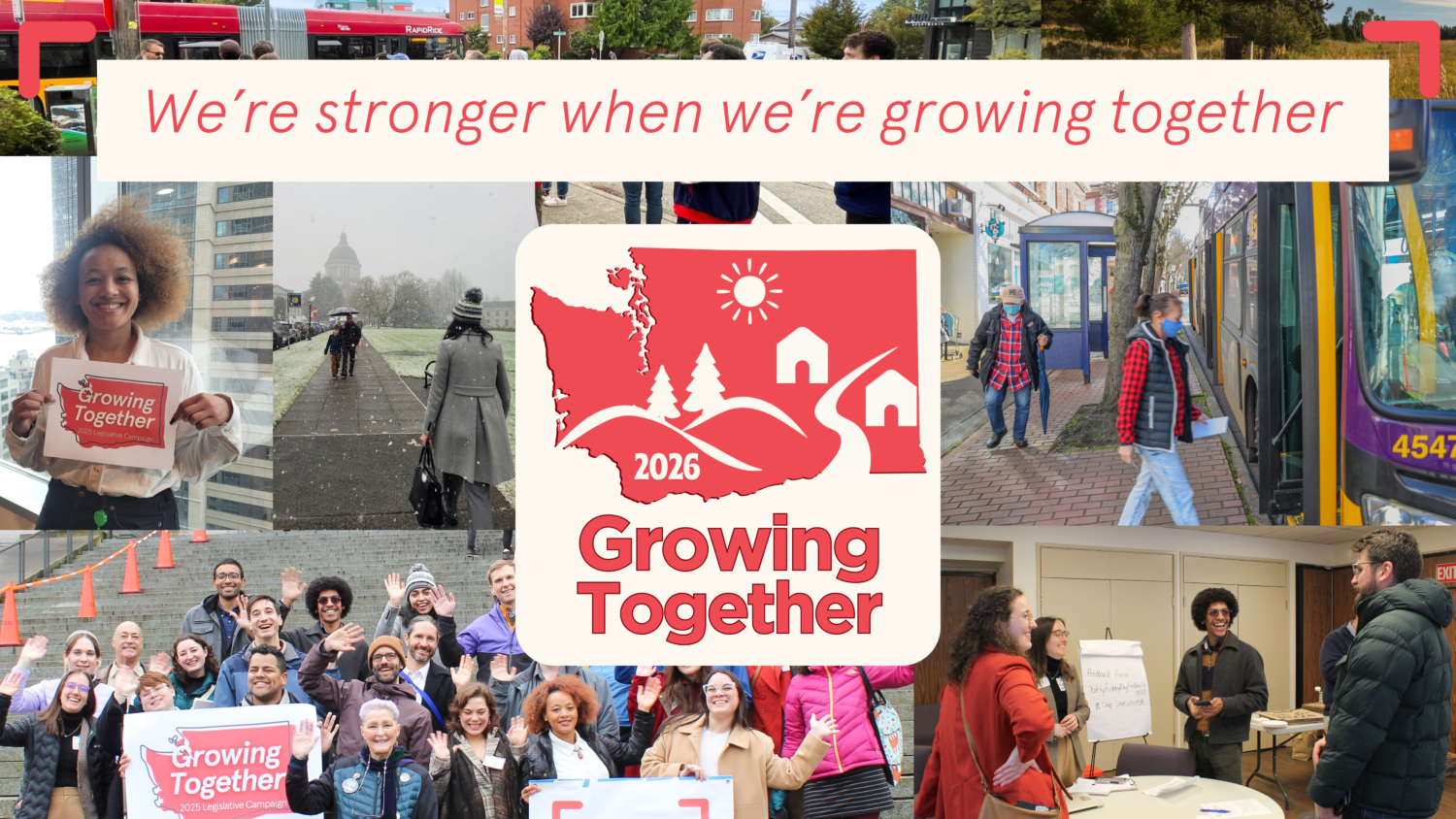Snohomish Dispatch: May 2025
We’re back with another dispatch, this time reporting to you from oh so beautiful Snohomish County, home to the Aquasox and Silvertips, Mount Pilchuck and Vesper Peak, acres of farmland and miles of shorelines. Futurewise’s recent work in Snohomish County has taken two areas of focus at the city and county levels and we’re excited to share some updates with you!
City of Everett
For the past several years, Futurewise has been collaborating with our local partners, including Connect Casino Road and LISC, to fight displacement and advocate for equitable development measures in South Everett. Together, we have created a policy framework for the comprehensive plan in the South Everett community and are working with our partners to mobilize big groups of the mostly Spanish speaking community in that part of the city to put pressure on the city.
In the last two months, the city of Everett hosted its first City Council meetings in city history with language interpretation. Community members shared testimony in English and Spanish advocating for equitable development in their communities. In a few weeks, the Everett City Council will take a final vote on zoning changes to the neighborhood. Read more about the impact of the comprehensive plan on the Casino Road neighborhood (in English and Spanish).
“As a neighborhood, Casino Road is unique in Everett, said Alvaro Guillen, the director of local nonprofit Connect Casino Road. It’s uniquely diverse, uniquely dense and uniquely affordable.That uniqueness gives the area strengths. The area has a sense of real community, he said, as residents stick together and help one another. But the people living there also face significant challenges. Many in the area face language barriers — a quarter of the neighborhood’s residents were born outside the United States. Incomes are significantly lower than other parts of Everett, and the area has faced decades of neglect and marginalization, Guillen said.”
“Como vecindario, Casino Road es único en Everett, afirmó Álvaro Guillén, director de la organización local sin fines de lucro Connect Casino Road. Es singularmente diverso, singularmente denso y singularmente asequible.
Esa singularidad le da fortaleza a la zona. El vecindario tiene un verdadero sentido de comunidad, dijo, ya que los residentes se mantienen unidos y se ayudan mutuamente. Sin embargo, quienes viven allí también enfrentan desafíos significativos. Muchos en la zona enfrentan barreras lingüísticas: una cuarta parte de los residentes del vecindario nació fuera deEstados Unidos . Los ingresos son significativamente más bajos que en otras partes de Everett, y la zona ha sufrido décadas de abandono y marginación, dijo Guillén.”

Snohomish County
At the county level, after the adoption of the comprehensive plan in December, we have now pivoted our focus to the Critical Areas Ordinance (CAO) update. Critical Areas Ordinances are important corollary legislation to comprehensive plans: they protect the natural environment, water resources and wildlife habitat while protecting communities from hazards like floods and landslides.
In our advocacy, we organized 1,000 people to write to the County Council in support of our preferred policy on the CAO and secured an op-ed in the Everett Herald (read here). Unfortunately, we lost the final vote at the Council 3-2. Now we will evaluate whether or not to move forward with a legal appeal. Many thanks to our supporters in Snohomish County who have been advocating hard to protect habitat from sprawl!
“We must protect salmon. More salmon means more orcas! Access to nature, including wetlands and streams, contributes to human health. Since the county has been “protecting” wetlands, Pilchuck Audubon has collected yearly data that show a 30 percent decline in bird population in Snohomish County.We recognize that counties and cities also must provide more affordable housing for the growing population. That’s why we have also advocated for more housing, especially affordable housing, in urban areas and near transit, successfully winning changes at the state and local level. Prioritizing redevelopment of underutilized properties (vacant lots or long-vacant commercial spaces) and increasing density through upzoning, especially around job centers and commercial corridors, can increase the housing stock without reducing the environmental protections for critical areas.”
– op-ed in The Everett Herald


